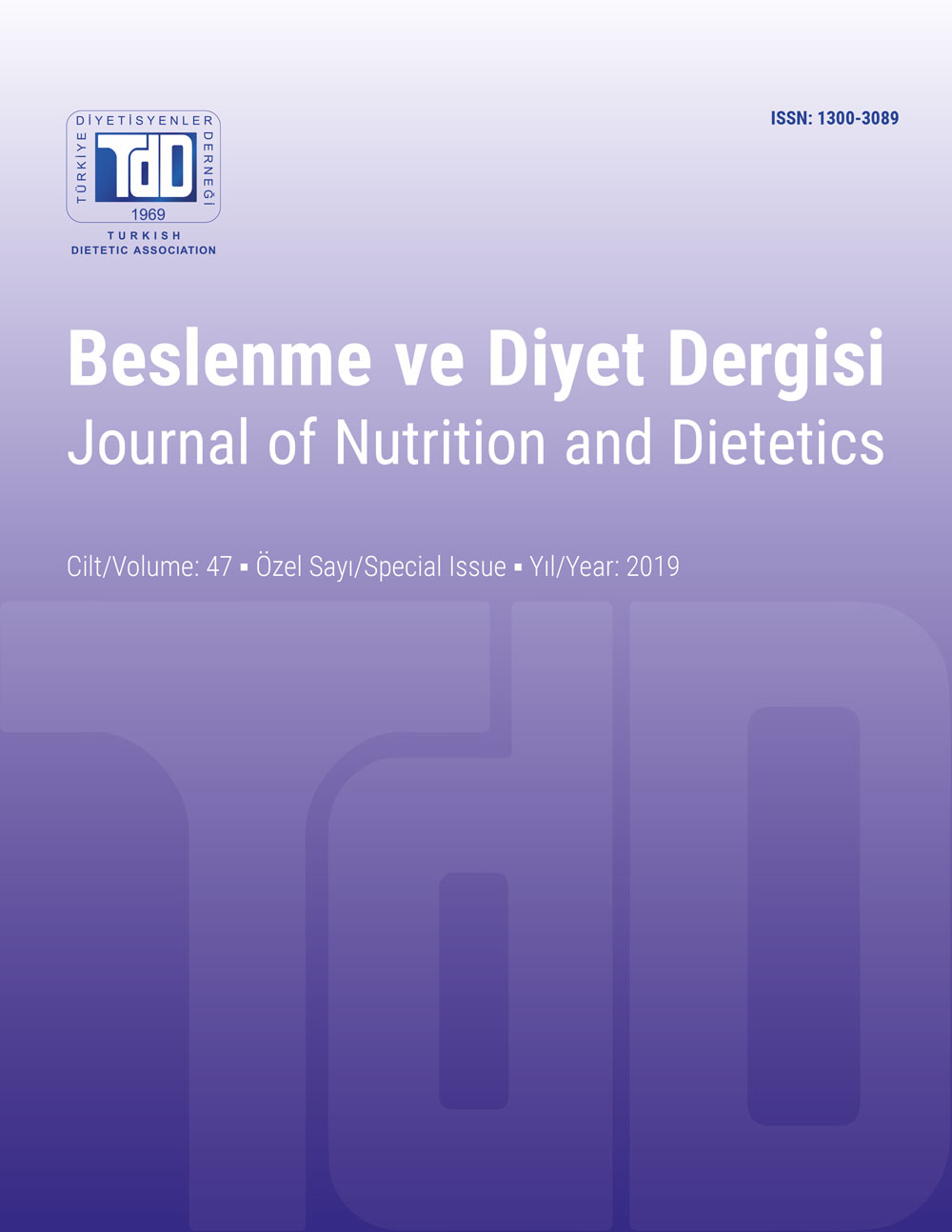Pre- Probiotics and Diabetes
DOI:
https://doi.org/10.33076/2019.BDD.1320Keywords:
Diabetes mellitus, prebiotics, probioticsAbstract
The prevalence of Diabetes Mellitus has emerged as a public health problem with a worldwide increase in prevalence over the last 10 years. In the pathogenesis of diabetes which occurs due to various causes, it is widely accepted that insulin resistance and genetic factors, which are caused by negative lifestyle changes including physical inactivity and wrong eating habits, play an important role. However, in recent years, evidence has shown that environmental factors also have an effect on the pathogenesis of diabetes. The most important one of these factors is the microbiota. It has been shown in the studies that the changing bacterial balance in the microbiota causes an increase in intestinal permeability, a decrease in Glucagon-Like Peptide-1 and Glucagon-Like Peptide-2 and an increase in endotoxin in the blood. These hormonal changes and endotoxemia contribute to the development of diabetes, leading to an increase in lipogenesis, fat mass, inflammation and macrophage infiltration in target organs, and a decrease in insulin sensitivity, beta cell mass, and plasma insulin level. The main objective is to restore the changes in the intestinal microbiota in order to prevent diabetes or the occurrence of complications. It is the nutrition that is essential to regulate the microbiota, and it is stated that intestinal flora can be restored with prebiotic and probiotic interventions in the studies carried out in recent years. Prebiotics and probiotics have been shown to be effective in decreasing inflammation in diabetic patients, maintaining the blood lipid profile at optimal levels, providing weight control, correcting antioxidant defense, improving insulin sensitivity and pancreatic β-cell functions, and providing blood glucose regulation.

